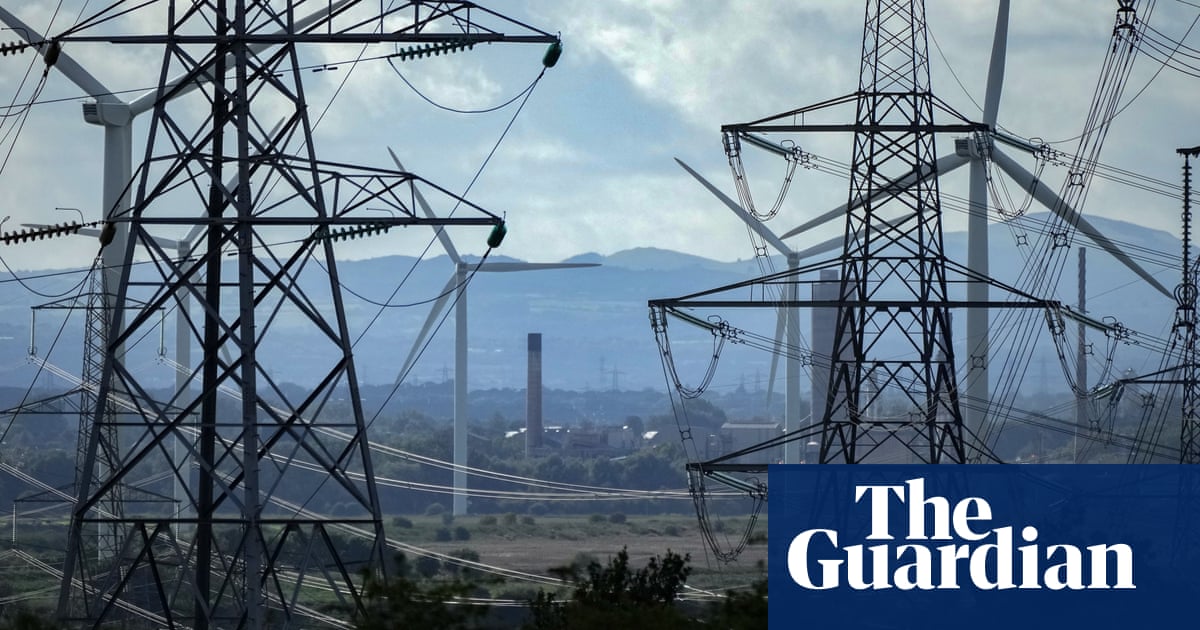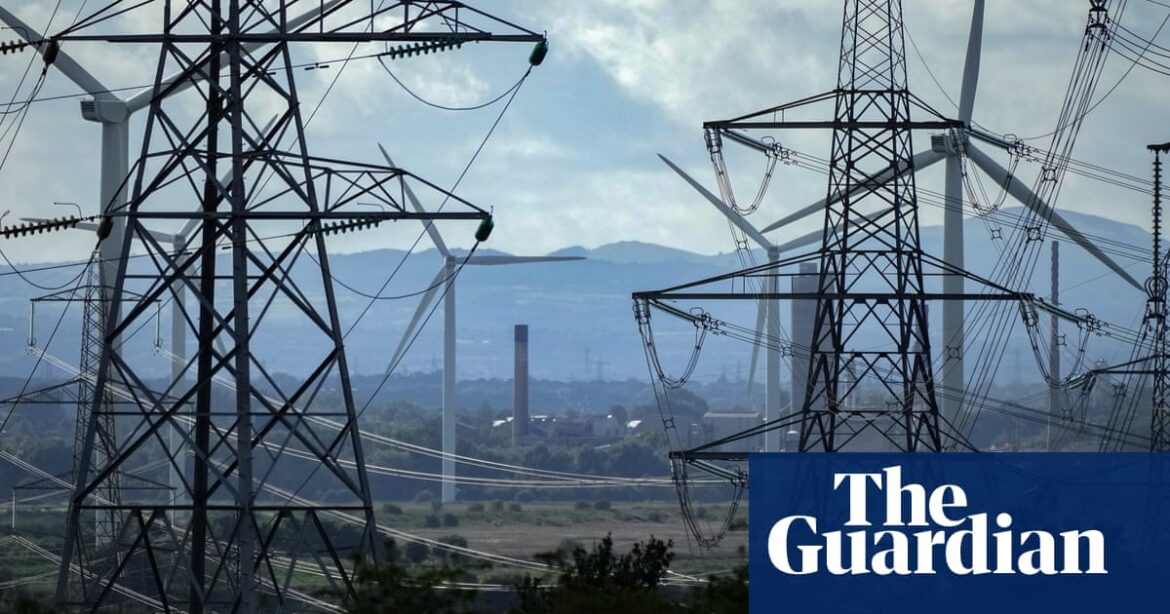
Ministers have been urged to intervene to prevent businesses struggling with gas and electricity costs from going bust, as bills are forecast to be 70% higher next year than before the energy crisis.
A typical small business such as a pub, restaurant or independent retailer is paying more than £5,000 extra a year on bills than before the energy crisis that began in 2021, research by the forecaster Cornwall Insight shared with the Guardian shows.
An average annual electricity bill for a small business is forecast to hit £13,264 from next April – when most business energy contracts renew – 70% higher than the £7,811 paid before the energy crisis.
Wholesale gas prices began to escalate in 2021, before Russia’s full-scale invasion of Ukraine sent them soaring in early 2022, pushing the average business cost above £20,000. Typical bills are now £13,170.
Business energy costs are expected to increase next year as a rise in standing charges feeds through to bills and after gas prices rose in recent weeks as traders responded to further tensions in Ukraine.
On Friday, the industry regulator Ofgem said average annual household bills in Great Britain would rise by 10% from October. Businesses’ energy costs do not have an equivalent cap, with many companies instead fixing an annual price for at least a portion of their energy requirements.
Craig Lowrey, a principal consultant at Cornwall Insight, said: “For all the criticism of the household energy price cap, it does provide a level of protection that businesses simply do not have.
“Given the impact of the cost of living crisis on consumer spending and high street trade, the government will need to seriously consider how to support businesses with their high energy costs if they want to prevent further closures.”
The government intervened in late 2022 to subsidise household and business energy bills but that support expired in April 2023. With the new chancellor, Rachel Reeves, attempting to plug a £22bn hole in the public finances, a new small business subsidy appears unlikely.
Lowrey said boosting domestic energy production was the “only way” to reduce exposure to international disruption and deliver sustainably lower energy bills. “While this solution is neither quick nor easy, it is essential for achieving long-term stability in energy costs,” he said.
Solar panels and ‘micro-metering’ at tile factory
Alex Patrick-Smith, the executive chair at the 219-year-old Dreadnought Tiles in Brierley Hill, West Midlands, said: “Our energy bills have more than doubled since before the energy crisis. Last year we had to cut production and raise prices. I do not think we will see energy costs return to the pre-crisis levels, they will probably reset at a higher level and we expect them to rise again this winter.”
The business has nine kilns, operating at temperatures of up to 1,150C, and produces 46,000 roof tiles and 25,000 bricks a day. The company has already increased efforts to cut its bills – from “micro-metering” equipment to monitor energy use more closely, to improving the thermal efficiency of a kiln. Now Patrick-Smith is considering installing solar panels on the factory roof.
The company is reliant on government initiatives and grants to explore efforts to decarbonise. “We are looking to deploy new technology. The change in government brings some uncertainty around those schemes going forward,” he said.
Source: theguardian.com



